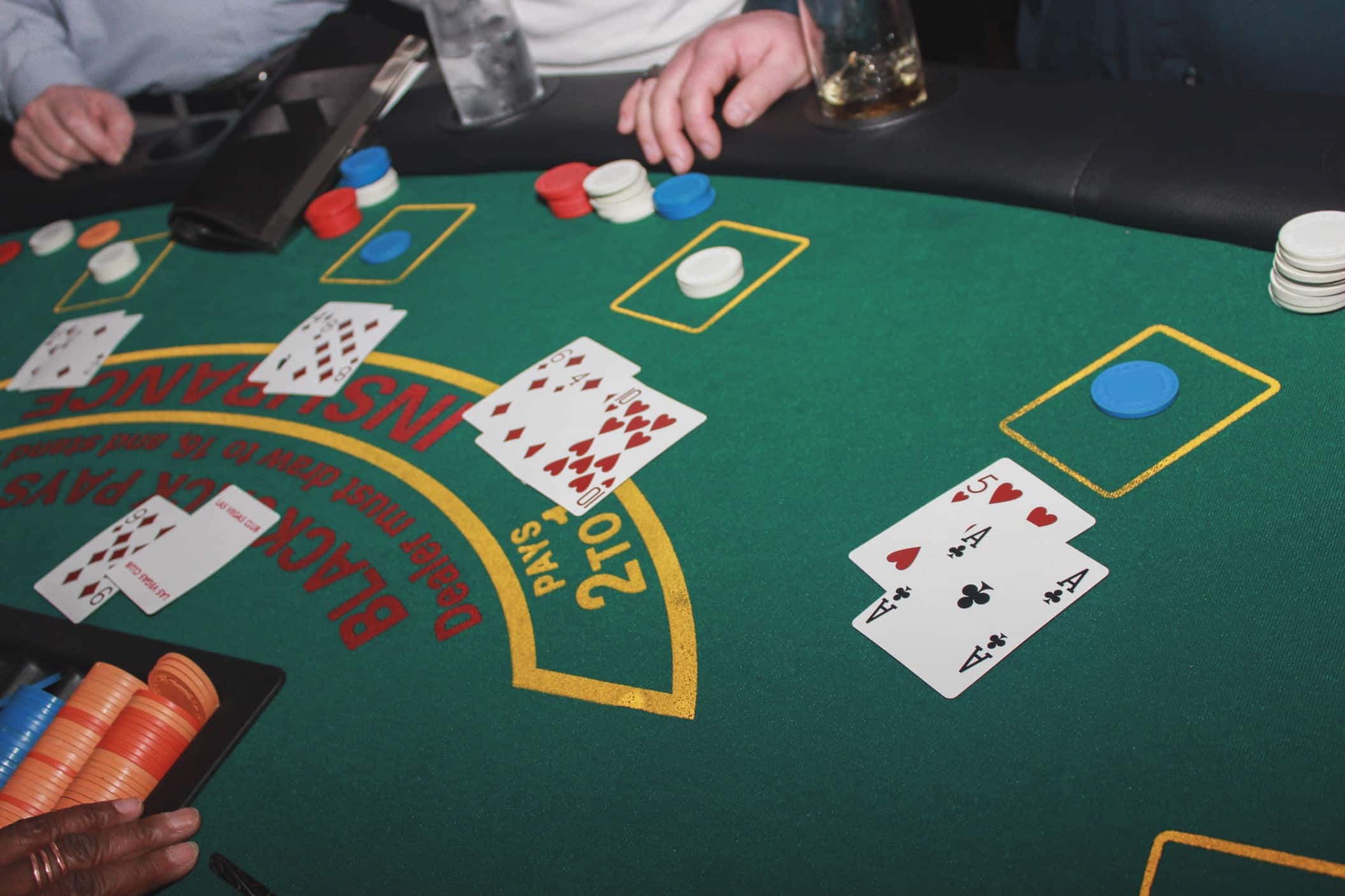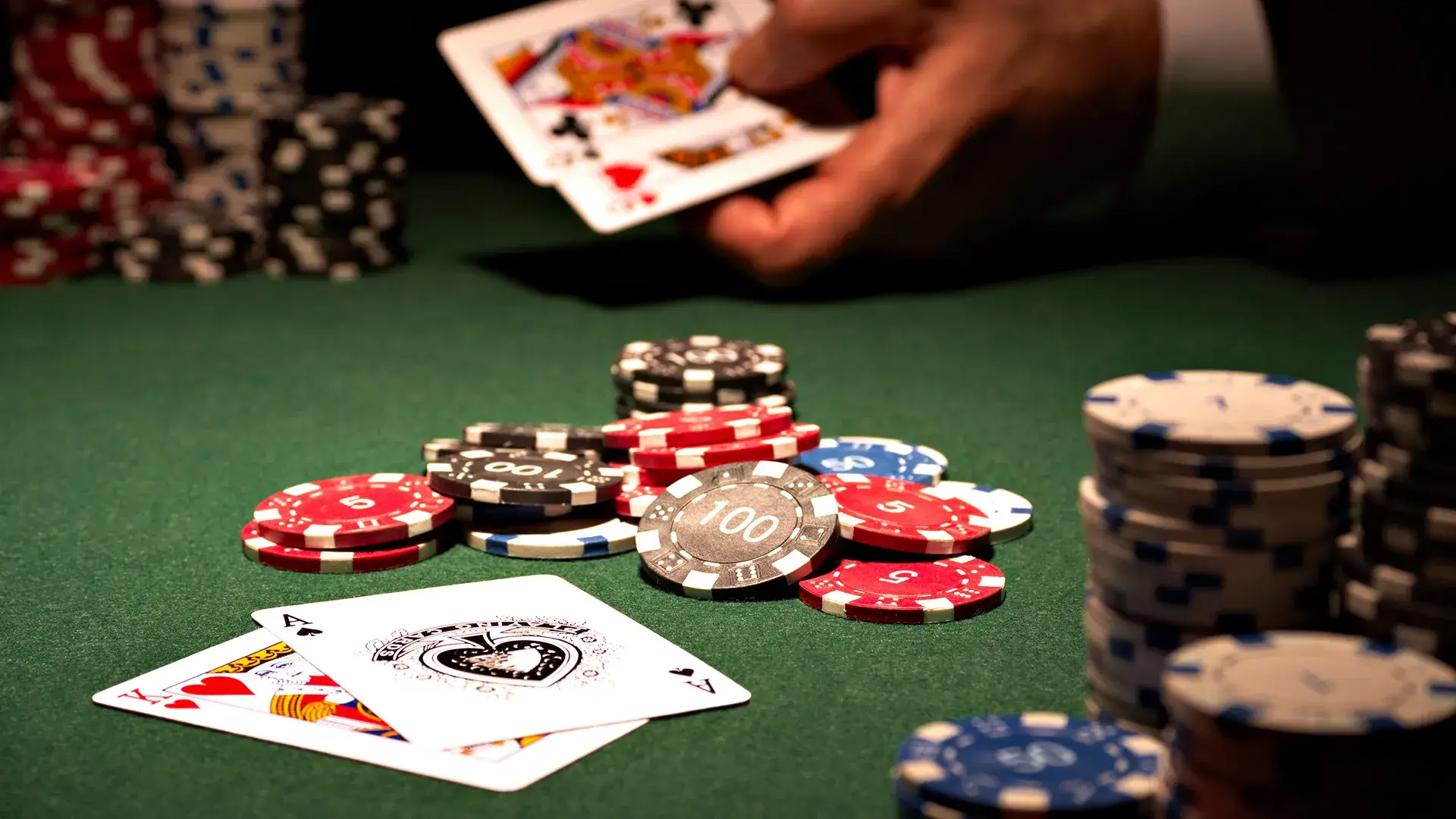Gambling is not limited to just betting on luck. This world saturates the screen with drama, betrayal, strategy, cold-bloodedness, and adrenaline. Plots revolving around cards, roulettes, bets, or life stakes create genre intersections from psychological thrillers to light satirical comedies. The best movies about poker and casinos not only take your breath away but also reveal the internal mechanisms of risk — from human greed to strategic calculation.
Each work included in the selection reveals its layer of meaning. Heroes face trials, undergo metamorphosis, and leave the viewer with a feeling as if they have just made a major bet on the stake of their own destiny.

21 (2008): the formula of probability and temptation
A brilliant MIT student with phenomenal mathematical abilities joins the team of the genius professor Mickey Rosa, who teaches elite students the strategy of card counting. At the center of the plot is the “hi-lo” counting system, where each card value is assigned a count of +1, 0, or -1. In the Las Vegas casino, the team achieves record winnings using only intellect and strategy.
The film made it to the top of the best casino and poker movies list thanks to its unique focus on intellect as the main bet. The camera follows the character’s transition from the world of rational formulas to the volatile landscape of temptations, risks, and ethical compromises. Mathematical accuracy becomes a weapon, but the consequences are not long in coming — psychology replaces calculation, and emotions shatter strategies.
The filming took place in the active halls of Planet Hollywood and Red Rock Casino. Interest in the film sharply increased the number of searches for the keyword “card counting,” and some establishments intensified measures against players using similar techniques. 21 inscribed its formula in cinema history as a legend at the intersection of genius and chance.
Rounders (1998): a portrait of a player on the edge
In the heart of New York, a law school student, Mike McDermott, gives up the game after losing $30,000 in a match with a Russian mobster known as Teddy KGB. However, the return of a friend from prison forces the hero to descend back into underground poker sessions, where rules are an illusion, and a player’s character is tested with every chip movement.
The film holds a central place among the best casino and poker movies due to its impeccable portrayal of the player’s psychology. Every face, every twitch of the fingers becomes an equation where the stake is not money but emotional balance. Built around Texas Hold’em, the script uses real “poker reading” techniques: reading ticks, opponent behavior, behavioral traps.
John Malkovich, playing Teddy KGB, infused the character with a cult accent and mannerism, making him one of the most memorable antagonists in the genre. This film teaches the basics and philosophy of poker better than any guide.
Casino Royale (2006): gambling as a weapon of espionage
The film resets the Bond universe, placing a bet not only on chases and espionage but also on gambling. The plot revolves around a Texas Hold’em tournament in Montenegro, where agent 007 must defeat the financier of terrorists — Le Chiffre, to thwart their operation.
The movie embeds the card tournament into the structure of a special operation. The best casino and poker movies rarely create such density of risk: each round intensifies the tension, as if the game is being played on the political field. Directed by Martin Campbell, the film uses close-ups to capture the pulsation of eyes, trembling lips, the barely perceptible movement of a hand — everything that reveals the internal espionage between the participants.
The casino scenes were recreated under the supervision of World Series of Poker (WSOP) consultants. Fans highlight the flash royal scene as one of the brightest in the genre. Casino Royale set a standard where gambling turns into a strategy for national security.
Uncut Gems (2019): chaos, nerves, and greed
New York jeweler Howard Ratner lives on the edge: debts, criminal ties, a manic urge for bets. At the center is a bet on a Boston Celtics match through a complex parlay bet chain, where several conditions must align for a win. Every second of the film is a buzz of alarm, speech overload, and energetic chaos.
The film made it to the best poker and casino movies not for showing cards but for depicting a portrait of painful addiction. The Safdie brothers created a cinematic panorama of nervous breakdown, where the desire to win transforms into a fate catastrophe. Adam Sandler demonstrates acting on the edge — every nerve is visible on the screen, every choice is like a shard of a broken mirror.
The film shows the mechanism of self-destruction through gambling: not as a result of defeat but as a mindset. The ending leaves no illusions — a bet without brakes leads not to wealth but to a personal apocalypse.
Rounders (1998): between law, friendship, and play
John Dahl directs a drama about a poker prodigy torn between a normal life and the temptation to return to underground games. Mike McDermott has the unique ability to read opponents like an open book. However, after a defeat by a Russian mobster, he decides to quit. That is until his old friend Worm is released from prison — and drags him back in.
Rounders is considered one of the most psychologically accurate films in the category of the best poker and casino movies. Here, cards are a field for testing willpower, logic, and endurance. Every round is an intellectual duel. A particular role is played by the final scene: the confrontation with the mobster known as Teddy KGB. Here, the director turns silence, gestures, and cookie-chewing sounds into dramatic tools.
The film shows how real players use not the card but the person. The ability to calculate not the hand but the opponent’s behavior becomes crucial. This is what sets Rounders apart among films of the genre: it lacks loud heists, but it has precision, focus, and an internal stake — on fate, not on chips.
Mississippi Grind (2015): a game on the brink of despair
The story of two players: one experienced but unlucky, the other charismatic and unpredictable. They embark on a road trip through the southern US, participating in poker tournaments, horse race bets, playing billiards, and even flipping a coin for their last dollars. It’s not glamorous Vegas but backroom halls, provincial bars, and endless conversations about odds, the past, and loss.
The best casino and poker movies rarely focus on losers. Mississippi Grind makes this the main motif. The heroes lose money, relationships, time. But they keep betting. Because the bet itself replaces meaning. Ben Mendelsohn as Jerry plays a character where the desire to make a comeback turns into a way of life. Here, gambling is not a sharp moment but a chronic condition.
Visually, the film is executed in muted tones, the sound design emphasizes every press of the slot machine button, every hand movement. The soundtrack is bluesy, like America itself behind the scenes. Here, gambling becomes a metaphor: behind every corner, it’s not victory but a chance to try again.
The Good Thief (2002): to bet is to risk oneself
Neil Jordan’s film transports the plot of a classic noir into modern Nice. Bob is a former thief, a retired hero, passionate about painting, bets, and heroin. He decides to pull off one last casino heist, guarded as tightly as a museum. The preparation turns into a chess game where each move requires calculation, partners can betray, and the police are on their trail.
The best poker and casino movies often literally depict entertainment, but here, everything is based on metaphor. The establishment appears on the screen as a peak — unattainable, sparkling, elite. Each character in the film plays their game: with themselves, with the system, with fate. Nick Nolte embodies the image of a tired intellectual who plays to feel alive again. Even if the stake is the last one.
The film is rich in the aesthetics of European crime cinema: slow-motion shots, references to paintings, Leonard Cohen’s music. All of this creates an atmosphere where gambling is not a sharp feeling but a background, like the roar of the surf in the ears of those who bet not money but honor.
What unites the best poker and casino movies
The best poker and casino movies are united not by genre or a card table but by an approach to the bet as a meaning. For some, it’s a way to deceive the system, for others, a path to freedom. Some seek order in the game, others — chaos. Heroes lose money but win identity. They live inside the bet, wagering not chips but themselves.

Movies of this genre create a unique atmosphere: cigarette smoke, a gaze through dark glasses, the click of one chip against another. These are not just visual techniques — it’s rhythm. It sets the scene’s breath and makes the viewer feel the tension, even when all that’s on the screen is a glance.
In the end, gambling movies are not about winning or money. They are about the edge that the player crosses. Where loss is not the end but an invitation to make one more bet.
 en
en  de
de  ar
ar  es
es  hi
hi  fr
fr  nl
nl  it
it  pt
pt  el
el 









